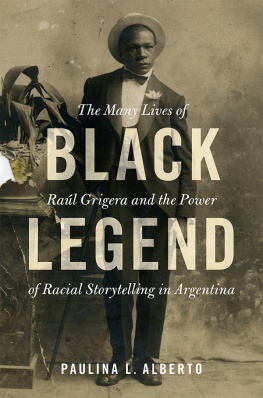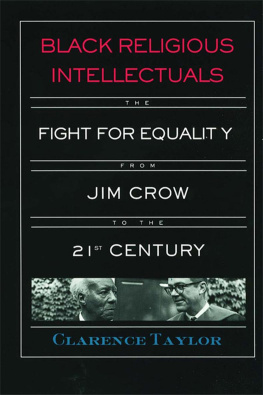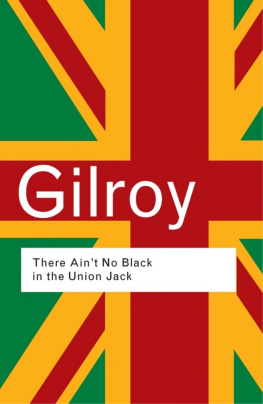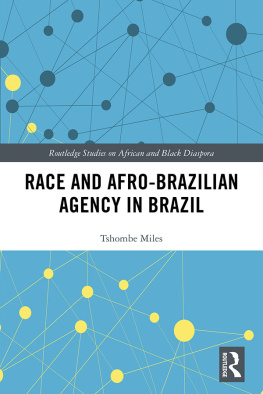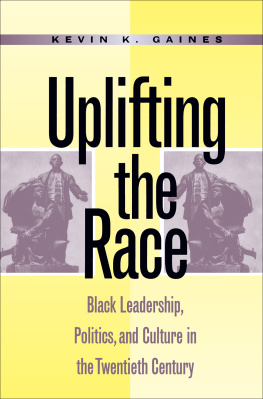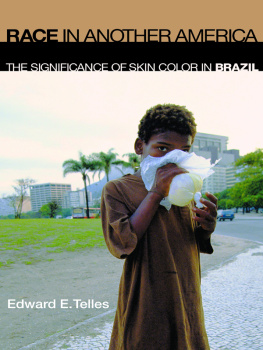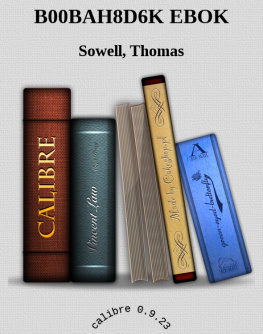Arlindo J. Veiga dos Santos and Frederico Baptista de Souza
ACKNOWLEDGMENTS
For funding my research at several stages, I am grateful to the Social Science Research Council, the Josephine de Krmn Foundation, the Department of History of the University of Pennsylvania, and, at the University of Michigan, the Department of History, the Rackham Graduate School, and the Eisenberg Institute for Historical Studies.
During my many years in the University of Pennsylvania's Department of History, I incurred more debts than I can state here. I would like to begin by thanking the outstanding professors who inspired me, as an undergraduate, to become a scholar and a teacher: John Richetti, Peter Stallybrass, Sumathi Ramaswamy, Lynn Hunt, and, above all, Lynn Lees. In graduate school, Nancy Farriss and Ann Farnsworth-Alvear reintroduced me to Latin America, while Lee Cassanelli, Drew Faust, and Sheldon Hackney enriched my understanding of history beyond that region. Steve Feierman taught me that doing history meant striving to understand why people made particular choices in particular circumstances. I am grateful, finally, to the members of my wonderful committee (from Penn and beyond)Ann Farnsworth-Alvear, Jeremy Adelman, Barbara Savage, and Barbara Weinsteinfor their generosity, guidance, and invaluable critiques at an earlier stage of this project. With fond nostalgia, I thank the group of friends and colleagues that made my graduate student years so fun and intellectually exciting: Yanna Yannakakis, Aidan Downey, Lorrin Thomas, Abby McGowan, Deirdre Brill, Gabriela Ramos, Shefali Chandra, Fran Ryan, Jennifer Sessions, Butch Ware, and Eve Buckley, my traveling companion and roommate in Brazil.
I would like to extend warm thanks to Jeremy Adelman, both for taking me on as one of his students and for introducing me to the wonderful community of Latin Americanists at Princeton University (and by extension, their partners), many of whom have become dear friends and admired colleagues: Eduardo Elena, Ashli White, Jos Antonio Lucero, Mara Elena Garca, Meri Clark, Katie Holt, Todd Stevens, Alejandro Hope, and, not least, the man who would become my husband, Jesse Hoffnung-Garskof.
One of the great pleasures of writing this book has been the contact it afforded me with scholars in Brazil. For their warm welcome to Brazil, and their generous advice and guidance at various stages of this project, I would like to thank Joo Reis, Jeferson Bacelar, Maria Ins Crtes de Oliveira, Livio Sansone, Angela Lhning, Ricardo Benzaquen de Arajo, Silvia Lara, Hebe Mattos, Flvio Gomes, Tnia Salgado Pimenta, Christiane Santos, Lise Sedrez, Stiro Nunes, lvaro Nascimento, John Monteiro, Maria Helena Machado, and Sidney Chalhoub. Special thanks go to Keila Grinberg and Flvio Limoncic, whose immense knowledge, good cheer, and familial hospitality made Rio feel like home. Elisa Larkin Nascimento, Jos Maria Nunes Pereira, and Alberto da Costa e Silva generously shared their experiences with me in interviews. Carolina Queirz and Quincas Rodrigues provided valuable research help after I returned to the United States. Mariana and Maurinete Lima in So Paulo and Elder Santos and Gloria de Morais in Bahia introduced me to their neighborhoods and cities and became good friends. Finally, though they are too many to list individually here, I would like to express my enormous appreciation of all the staff people in the many archives, libraries, and foundations I visited, for their willingness to help a young foreign researcher.
Early on in the project, Jeff Lesser told me that there was not a friendlier, more supportive group of people in U.S. academia than Brazilianists. He was right. From the earliest moments of this project, I have benefited enormously from the encouragement, critiques, and advice of this outstanding community. Warm thanks to Jeff Lesser, Barbara Weinstein, Jerry Dvila, George Reid Andrews, Christopher Dunn, Bryan McCann, Jeffrey Needell, Roderick Barman, John French, James Green, Michael Mitchell, Anani Dzidzienyo, Peter Beattie, Erica Windler, Victoria Langland, Scott Ickes, and Marc Hertzman, a model of friendly collegiality. I am also grateful to Nancy Appelbaum and John Mack Faragher, who, though not Brazilianists, played an important role in the development of my manuscript.
I cannot imagine what this book would have looked like without the input of my brilliant and dedicated colleagues here at the University of Michigan. Working with them has been a transformative experience. For their feedback on portions or entire drafts of this work, I would like to thank Rebecca Scott, Paul Johnson, Richard Turits, Mary Kelley, Penny von Eschen, Kevin Gaines, John Carson, Matthew Countryman, Geoff Eley, Gina Morantz-Sanchez, Phil Deloria, Damon Salesa, Matthew Briones, Hannah Rosen, Tiya Miles, Julius Scott, Jean Hbrard, Sarita See, Jos Amador, Javier Sanjins, Leslie Pincus, Rebekah Pite, Laura Halpern, Eugene Cassidy, and Emma Amador. Sueann Caulfield, my dear friend, wise mentor, admired colleague, and trusty running partner soldiered through several drafts of this book, each time providing me with fresh critical insight and enthusiastic support. Jesse Hoffnung-Garskof has read, edited, and enlivened more versions of this work than I care to remember. I look forward to many opportunities to pay both of them back in kind over the next few years. I am thankful also for the support and friendship of colleagues Sonya Rose, Michele Mitchell, David William Cohen, Lawrence LaFountain-Stokes, Cristina Moreiras-Menor, Gareth Williams, Farina Mir, Peggy McCracken, Ivonne del Valle, Dario Gaggio, Gustavo Verdesio, and Kate Jenckes.
Many thanks to Elaine Maisner, my editor at UNC Press, for seeing the project's potential at an early stage, participating actively in its development (few editors, I imagine, travel to an author's home institution to sit through a five-hour manuscript workshop), and helping to bring it smoothly to completion. Three anonymous reviewers for the press gave me generous feedback and invaluable critiques; I am greatly indebted to them. Thanks, too, to Juan Hernndez, Andrew Spears, Bob Lynch, Ekjyot Saini, and Shannon Rolston for their assistance with research and manuscript preparation, and especially to Liliana LaValle, for her crucial help at the eleventh hour.


